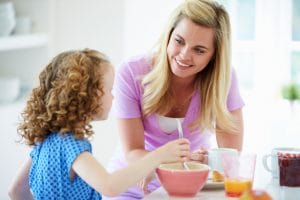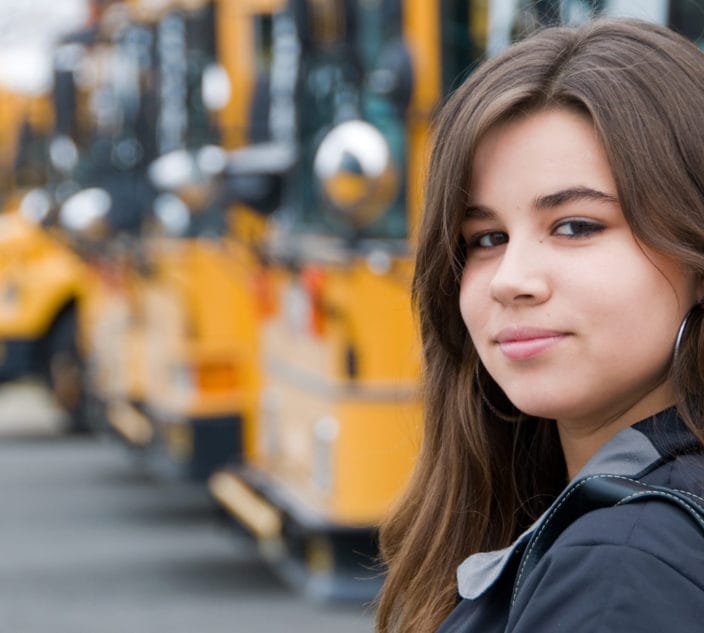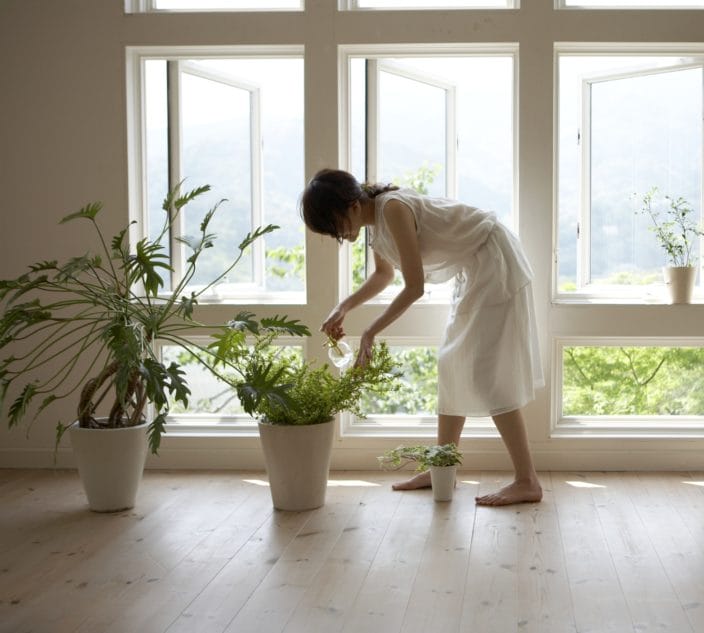 Photo: Getty
Photo: Getty I don’t know where I first heard the expression “living on the other side of fear,” but it was one that captured my attention. As a mother, I could relate to the shift from being extremely worried about a loved one to feeling more confident about the future.
I remember how difficult it was to stay calm after my son Julian was diagnosed with an allergy to peanut. In the early days, I was constantly concerned for his safety and lost sleep in the lead-up to many milestone events. My stomach was in knots when he attended his first overnight school trip in Grade 5. It was anxiety-provoking to leave him with a babysitter or grandparents when weekend getaways beckoned. The temptation to check in was constant.
It is natural to feel worry for our children and to have a heightened sense of trepidation when food allergies are added to the mix. But at some point, a transition typically occurs where we reach a “new normal” and become more secure about our child’s well being.
For insight, I asked several food allergy parents what actions got them over the hump of feeling anxious when adapting to this new normal. Here are the tips they shared:
Get Properly Educated
Misinformation on the internet and among groups of well-meaning people can lead to a false perception of risk and unnecessary stress. For example, it would be easy to believe that the mere presence or smell of an allergen, such as peanut butter, could elicit a reaction. But the odor of peanuts does not contain protein, which triggers an allergic response.
Learn the facts from patient groups with medical advisors, like Food Allergy Canada, and reputable resources, like Allergic Living. Grassroots groups and bloggers can be helpful, but if you are unsure of information provided, speak to your physician.
Positive People Help the ‘New Normal’
Avoid isolation and recognize those who want to help. If possible, look to parents with older food-allergic children for inspiration, support and practical tips, such as products to buy and how to work with school staff Their happy and healthy older children are proof that food allergies should not hold anyone back in life.
One of my guiding lights was a woman named Marilyn Allen. To help find my “new normal,” she encouraged me to change my inner monologue. To help me find “new normal,” she advised that I stop constantly fearing the worst. Instead, she advised that I focus on the positive, and remind myself how much my husband and I were doing to keep Julian safe.
Her attitude and courage were remarkable, since she had lived the worst-case scenario. She lost her daughter Robyn to anaphylaxis in 1990, during a time when awareness was profoundly lacking. Marilyn had become fueled by a desire to educate, to prevent tragedy and to help affected children live full lives. She cautioned me to watch what I said in front of my son, as he would view his allergies through my lens.
Learn to Trust and Let Go
Our children need to live in the real world. This may require apprehensive parents to push beyond their comfort level as they allow their kids to build skills and have new experiences. For you both to adjust to this new normal, consider easing in with baby steps. For instance, when an allergic child is young, she might carry her auto-injector for an hour a day, building up to longer periods until she is comfortable with carrying the device for a full school day This gradual approach can help parents learn to relax while empowering the child.
My own turning point happened during Julian’s elementary school years, and it was liberating. I was finally able to enjoy life, free of irrational worries about things that I couldn’t control. As a result, Julian learned to be cautious, but not fearful of his allergies and continued to prove he was capable of managing on his own.
Now, almost 20, my son continues to surprise me with the experiences he would like to have: attend university in South Africa, swim in a cage near great white sharks and venture to far-off places, some plagued by political unrest. Unease about my son’s safety does pop up as he embraces new adventures, but I can actually take comfort in the fact that he will apply what he has learned from managing risks with food allergies to other situations
While I cannot control what he does, I have faith that Julian will make educated decisions. And with excitement, rather than anxiety I will cross my fingers, hold my breath, and give him a high-five when he comes out on the other side.
Laurie Harada is the former executive director of Food Allergy Canada, www.foodallergycanada.ca.





